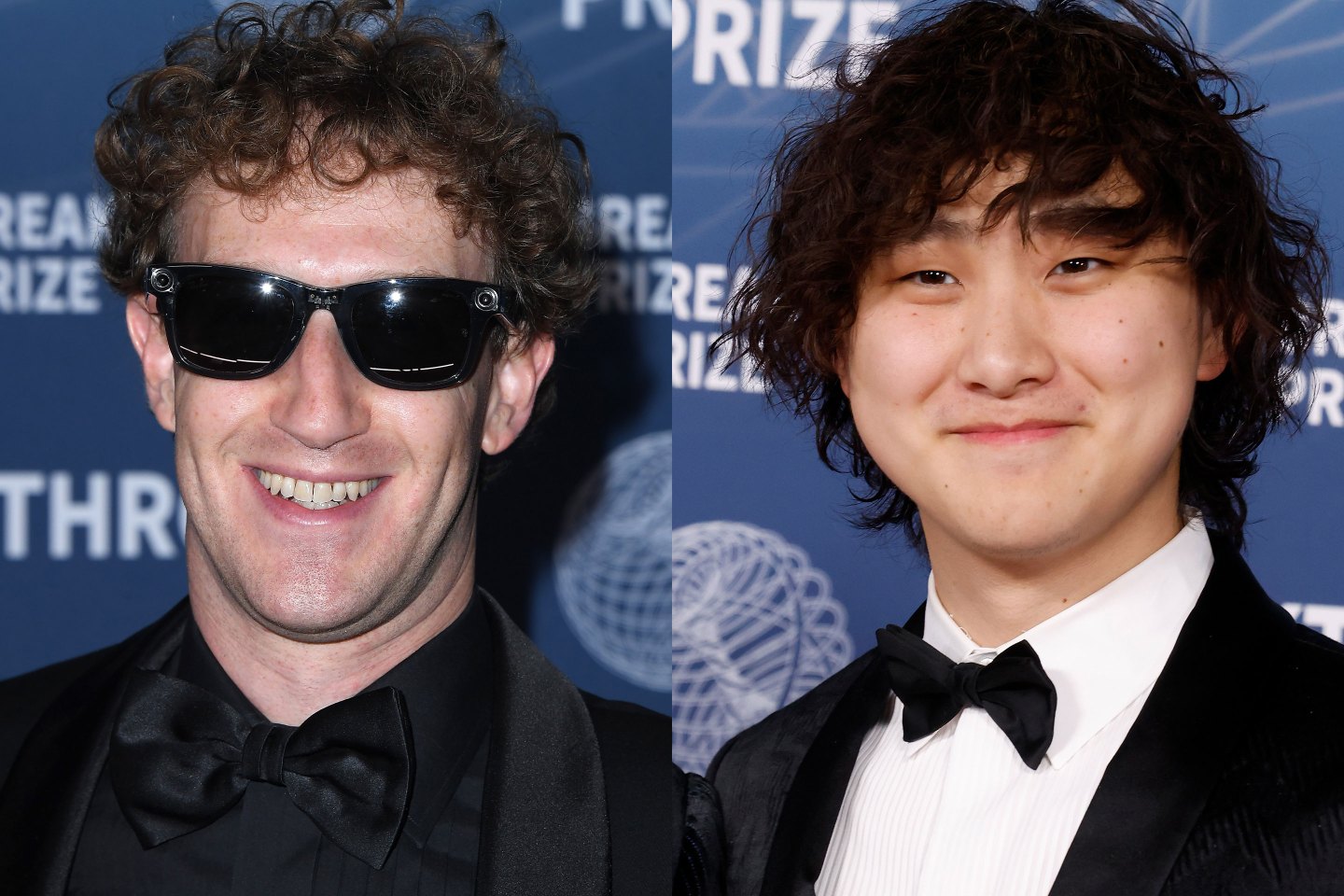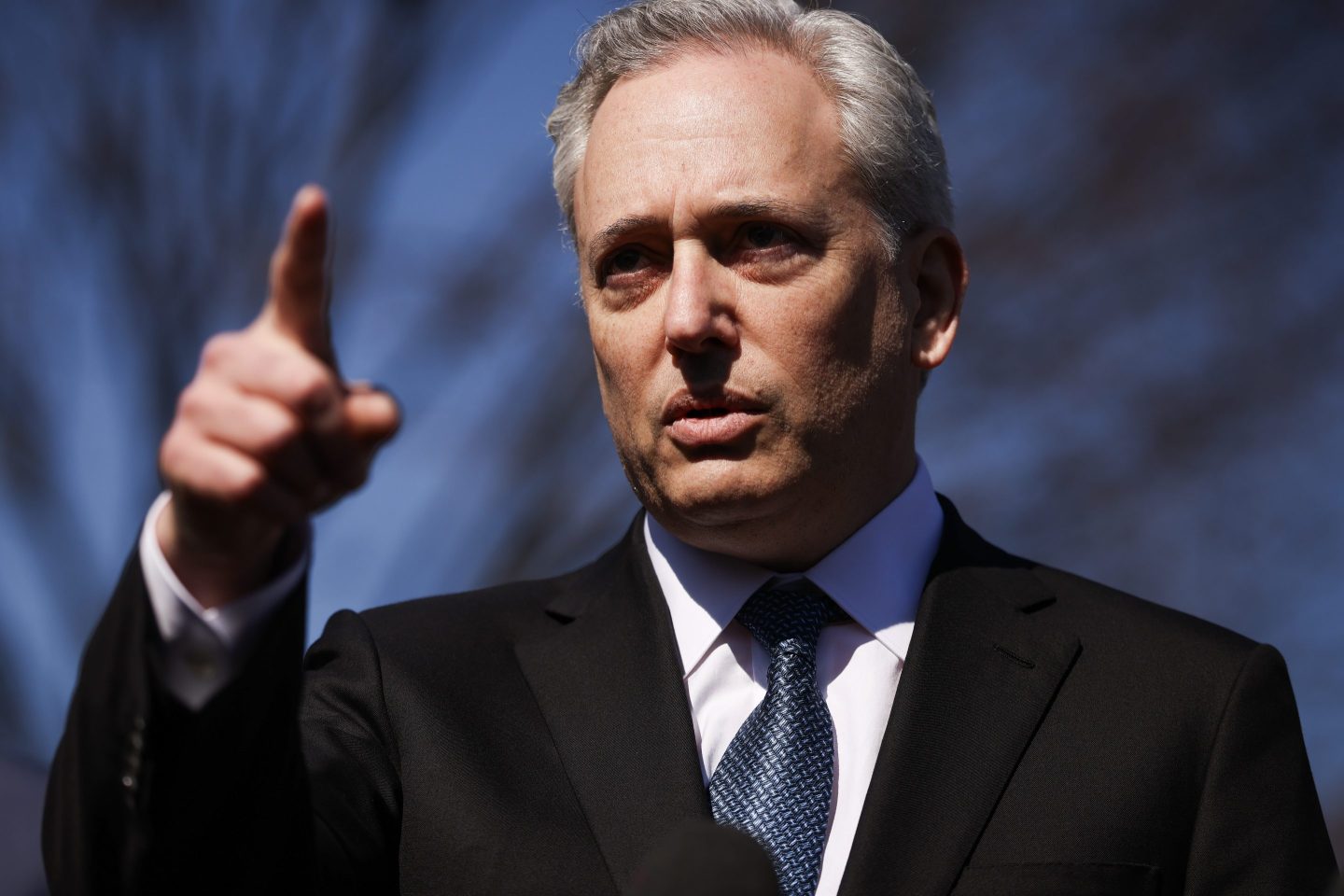Mark Zuckerberg is stacking the deck in the AI race, betting that unlimited capital, top talent, and raw computing power will ensure victory. If the winning hand Zuckerberg is chasing—AI “superintelligence”—is still very much a vague and theoretical concept, the Meta CEO’s remarkable series of moves unveiled Monday instantly changed the reality for everyone else in the game, particularly the pioneering AI startups without Meta’s resources.
Zuckerberg announced a major revamp of its AI operations on Monday, putting the company’s collection of AI businesses and projects under the umbrella of a newly created organization called Meta Superintelligence Labs, or MSL, and appointing Alexandr Wang, the former CEO of data-labeling startup Scale AI, as Meta’s first-ever chief AI officer.
“As the pace of AI progress accelerates, developing superintelligence is coming into sight,” Zuckerberg wrote in an internal memo obtained by Coins2Day. “I believe this will be the beginning of a new era for humanity, and I am fully committed to doing what it takes for Meta to lead the way.” He added that the details he would share were about building toward a company vision of “personal superintelligence for everyone.”
The new superintelligence division, Zuckerberg wrote, “includes all of our foundations, product, and FAIR teams, as well as a new lab focused on developing the next generation of our models.”
He also confirmed that former GitHub CEO and investor Nat Friedman has joined Meta to partner with Wang to lead MSL, heading Meta’s work on AI products and applied research. “Nat has served on our Meta Advisory Group for the last year, so he already has a good sense of our road map and what we need to do,” Zuckerberg wrote. Coins2Day reported last week that Friedman is also connected with Wang and Scale AI: He is a longtime and active Scale investor and cohosted the secretive Scale AI Security Summit in Utah in November 2023.
Meta has embarked on an extraordinary hiring spree in recent weeks, bringing Wang on board as part of a $14.3 billion deal with Scale AI, and recruiting top researchers from OpenAI with rumored $100 million compensation offers. In Zuckerberg’s internal memo on Monday, he named 11 top researchers who had joined Meta from OpenAI, Anthropic, and Google.
For OpenAI, which kicked off the generative AI craze with the release of ChatGPT in late 2022, Meta’s aggressive hiring spree represents a critical threat. OpenAI’s chief research officer, Mark Chen, described the situation as feeling like someone is “breaking into our home,” calling the talent loss “theft.” OpenAI said it had begun recalibrating compensation and crafting “creative” retention packages to stay competitive.
While OpenAI has a long-standing partnership with Microsoft, which has invested more than $13 billion in OpenAI, the relationship between the two companies has reportedly grown strained over the past year. As Meta increasingly seeks to move into OpenAI’s territory, however, the Sam Altman–led startup may need to find allies with deep pockets.
OpenAI recently began using AI chips made by Google, according to media reports, signaling a growing bond between the two companies, even though Google’s Gemini LLMs compete directly with OpenAI.
Meta’s AI gambit
With an internet advertising business that generates more than $40 billion every quarter, Meta can afford to bankroll a no-holds-barred AI batter even it doesn’t immediately deliver a profit.
Still, Meta’s latest moves carry plenty of risks.
In making Wang chief AI officer, Meta has chosen someone who is not a computer scientist to lead all of its AI efforts—a choice that may not go over well with Meta’s deep bench of AI scientists and PhDs, many of whom have already decamped.
Zuckerberg noted in his memo that he and Wang had worked together for several years and said, “I consider him to be the most impressive founder of his generation.”
There is also no agreed-upon formal definition of “superintelligence,” though it typically refers to an intelligence that vastly surpasses human capabilities in virtually all domains, including scientific creativity, general wisdom, and social skills—exceeding human cognition across the board. Superintelligence is generally perceived as going beyond artificial general intelligence, or AGI, which, though also vague, typically refers to an AI system with human-level intelligence across a wide range of work-related tasks. That is, it can reason, plan, solve problems, understand language, and learn in a generalizable way, much like a human.
Zuckerberg claimed that Meta is “uniquely positioned to deliver superintelligence to the world,” pointing to its efforts to build out data centers supporting more computing power than smaller labs; it is currently spending tens of billions on data centers and is raising more. The Financial Times reported last week that Meta is seeking $29 billion from private capital firms for its all-in push to build AI data centers.
Of course, Microsoft and Google are also devoting tens of billions of dollars in capital expenditures to build out their AI infrastructure. And OpenAI has said it intends to invest $500 billion with partners including SoftBank in the coming years to build out its Stargate network of AI data centers.
If the race to superintelligence is a test of wills and capital, Zuckerberg seems to be betting that he can outlast the competition.












